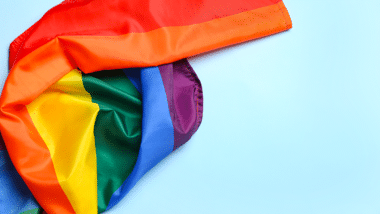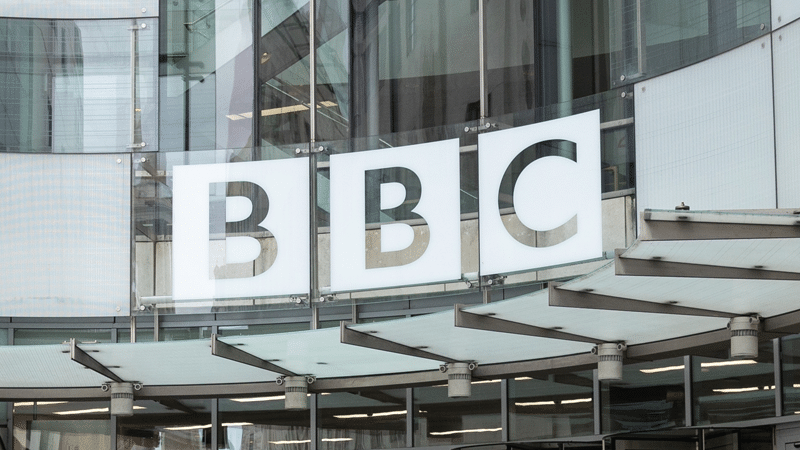The BBC has emphasised that its journalists must cover “attitudes and opinions which some may find unpalatable or offensive”.
In its 2025 Editorial Guidelines, which come into force in September, the broadcaster reminded its staff that occasionally including such content ensures that “no significant strand of thought is under-represented or omitted”.
When contributors express “contentious views”, the guidelines stress that they “must be challenged while being given a fair chance to set out their response to appropriate scrutiny”.
‘Fundamental’
The guidance explains: “Impartiality is fundamental to the BBC’s purpose and is enshrined in the BBC’s Charter. It means not favouring one side over another and reflecting all relevant sides of the debate. It means not taking sides, reflecting all relevant strands of public debate and challenging them with consistent rigour.
“Impartiality is key to a relationship of trust with audiences, that they know the BBC is not being influenced by any personal or other agenda in what it chooses to broadcast or publish or in how it covers stories and that it seeks to include a wide range of views on any given topic.”
BBC Director-General Tim Davie said the updated guidance provides “editorial values and standards that make the BBC distinctive and reliable”.
Trans cult
Last month, the BBC-commissioned drama ‘What it feels like for a girl’ was criticised for pandering to transgender ideology.
Chief Executive of Sex Matters Maya Forstater branded the programme, which is based on the memoirs of trans activist Paris Lees, “regressive”. Daily Telegraph columnist Suzanne Moore accused the BBC of “subtly sanctioning the darker side of Lees’s history”.
At 14, Moore explains, Lees — by his own admission — was working as a prostitute, and at the age of 18, “he was convicted of robbery with violence for an attack on an elderly man and sent to prison. The man was severely beaten. While inside, Lees began to identify as a trans woman.
“Yet none of this violent history seems to have bothered the BBC. Instead, it’s tying itself in knots over what pronouns it should use to describe Lees.”

Police arrest campaigners in Brussels over gender-critical views
New guidance a turning point for free speech at universities
Couple embroiled with police in debacle over women-only event

